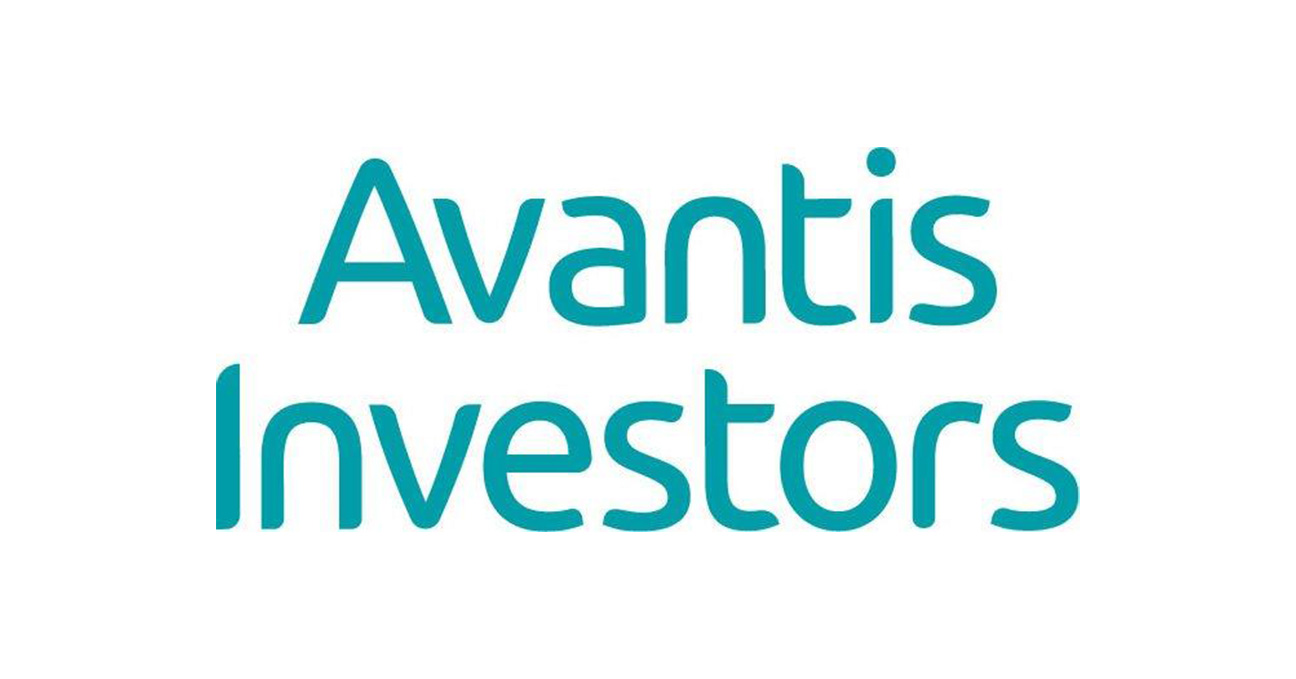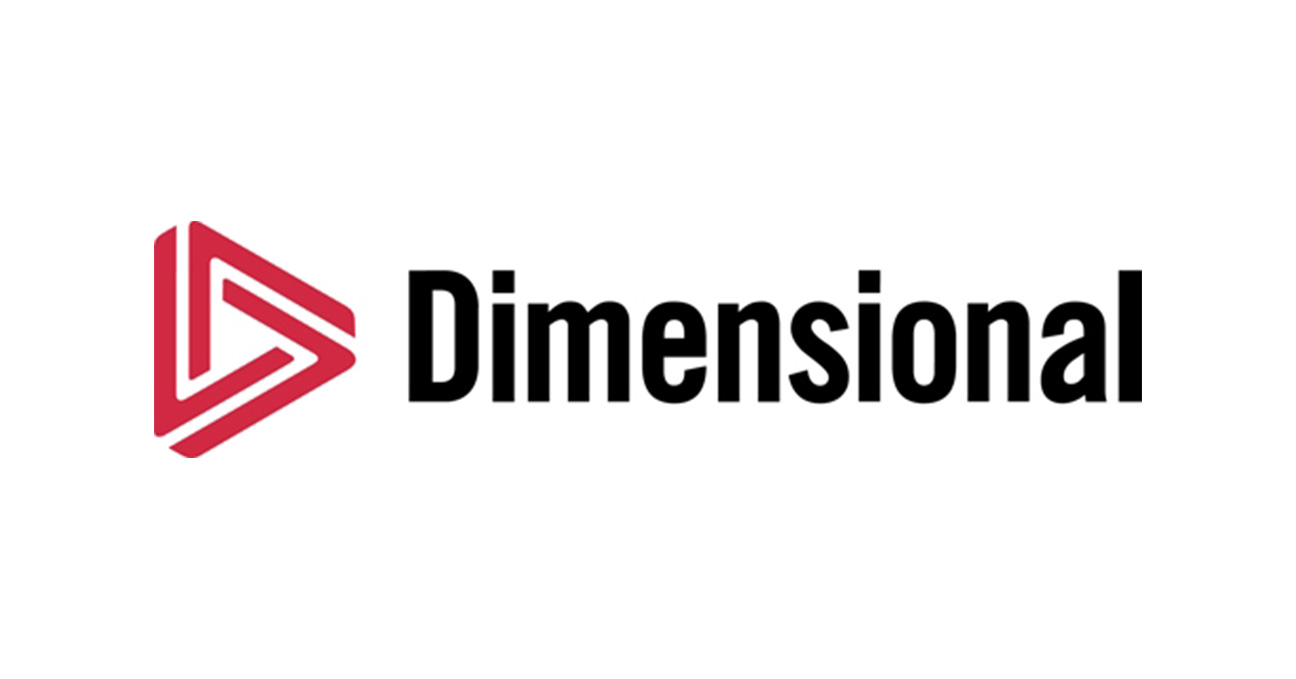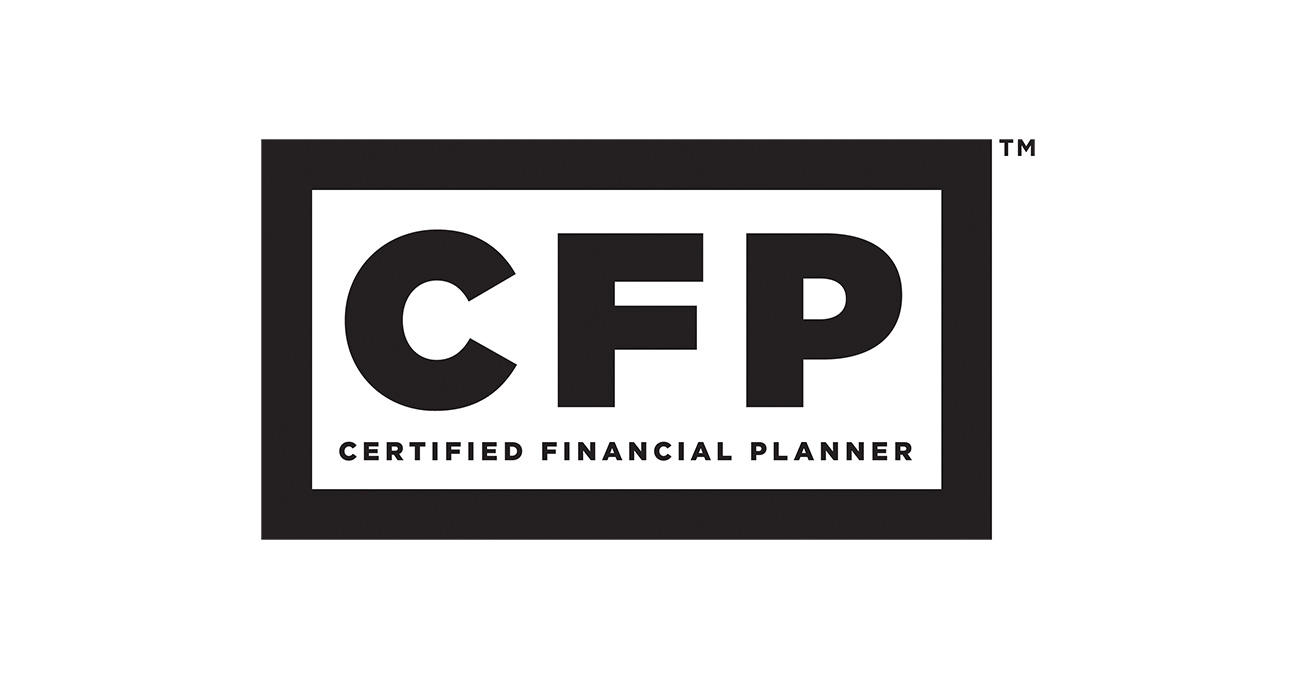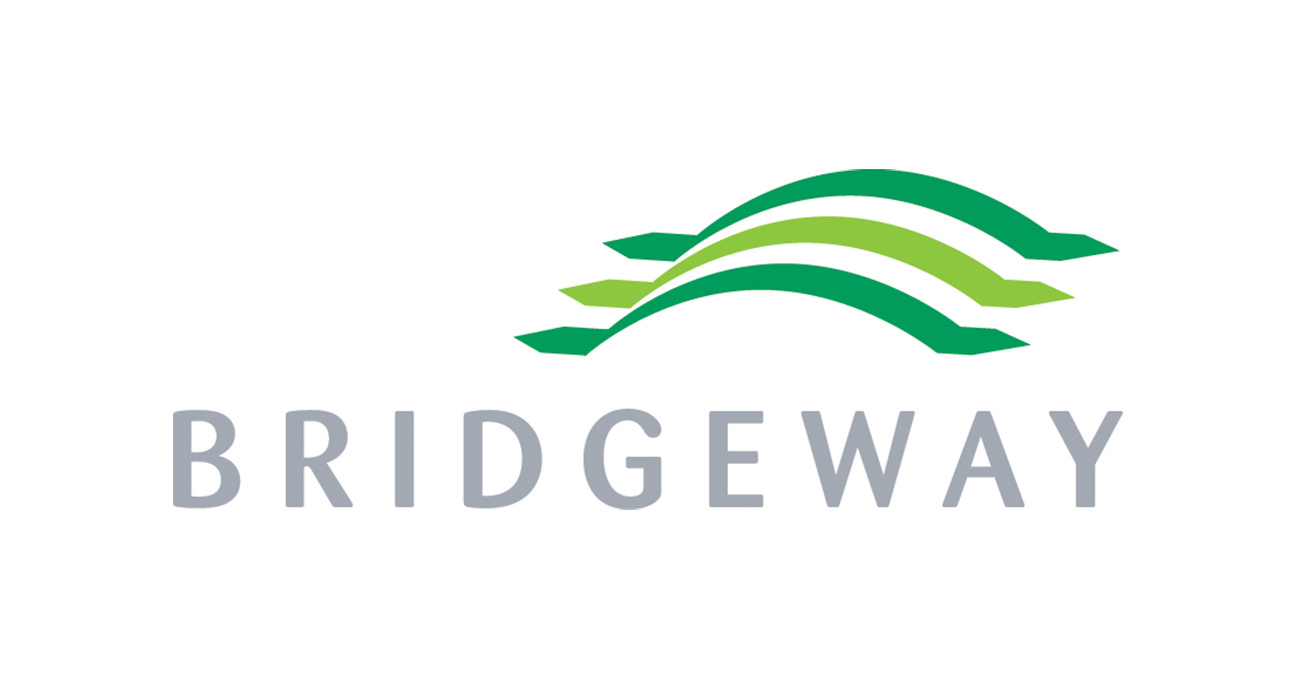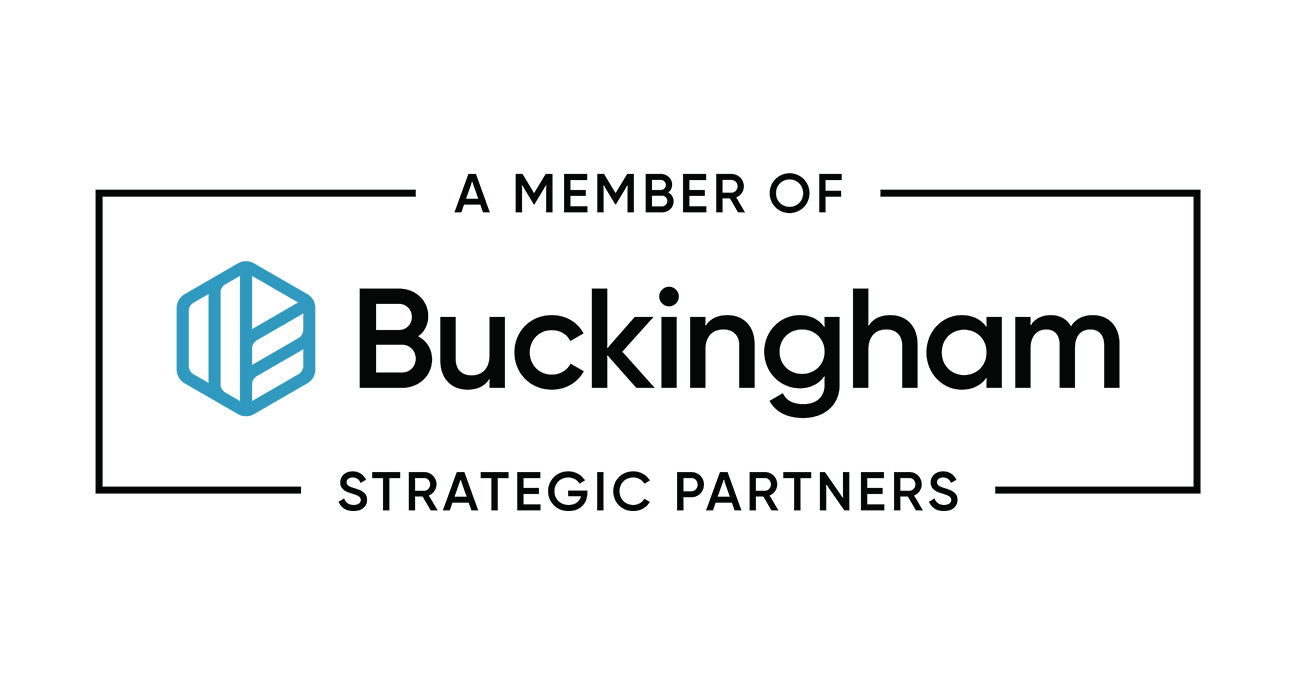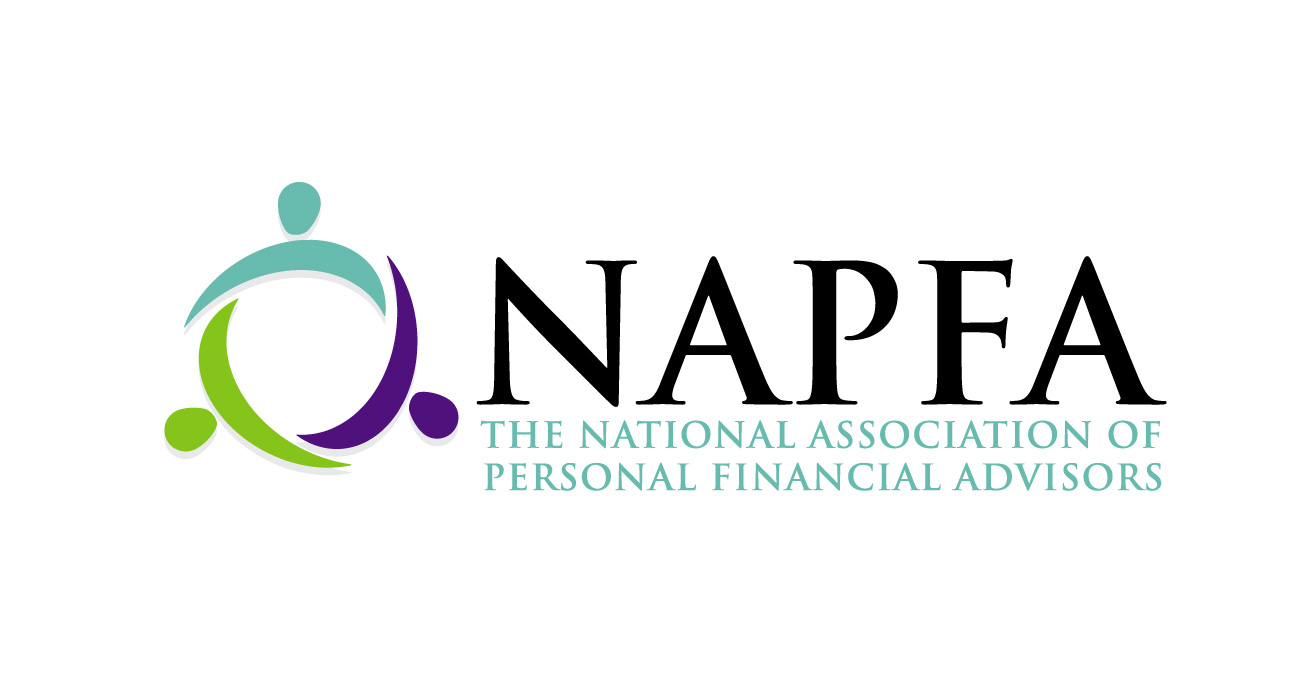When you’ve worked diligently to accumulate wealth and build a legacy, it’s natural to want to ensure that your assets continue to make a positive impact for generations to come. Incorporating philanthropic giving into your estate plan allows you to support meaningful causes, potentially reduce taxes, and create a lasting charitable legacy.
Charitable giving benefits the organizations and causes you care about and provides a sense of purpose and fulfillment. By strategically integrating philanthropy into your estate planning, you can align your financial goals with your values and make a significant difference in the lives of others.
Identify Your Philanthropic Passions
The first step in incorporating charitable giving into your estate plan is determining which causes resonate with you and your family. Reflect on the issues and organizations that you feel passionate about supporting long-term.
Consider causes that align with your personal experiences, values, and beliefs. You may feel drawn to supporting education, medical research, environmental conservation, the arts, or social justice initiatives. Engage your family members in discussions about shared philanthropic goals to create a cohesive, impactful giving plan.
Once you’ve identified your charitable interests, research reputable nonprofits and look for organizations with a proven track record of effective programs, transparent financial management, and measurable impact. Carefully evaluating potential recipient organizations now ensures that your charitable dollars will be used efficiently and responsibly.
Select the Right Giving Vehicles
There are several effective ways to incorporate charitable giving into your estate plan, each with unique benefits and tax implications. Here are some popular options to consider:
Outright gifts: One straightforward approach is designating specific assets like cash, securities, or real estate to be donated to charity upon your passing. By earmarking these assets for charitable purposes, you remove them from your estate, potentially reducing estate taxes.
Outright gifts offer simplicity and immediate impact. Your chosen charities receive the designated assets directly, allowing them to use the funds immediately. This method is well-suited for donors who want to make a substantial one-time gift without ongoing management or distribution requirements.
Life Insurance and Charitable Gift Annuities: Naming a charity as the beneficiary of a life insurance policy or establishing a charitable gift annuity can provide a future donation to the nonprofit while offering you tax deductions and potential lifetime income.
With a life insurance beneficiary designation, the charity receives the policy’s death benefit upon your passing, providing a significant future gift.
A charitable gift annuity allows you to donate to a nonprofit in exchange for fixed lifetime payments, with the remainder going to the charity when you pass away.
These options can benefit donors seeking tax deductions and reliable income streams while supporting their favorite causes.
Charitable Remainder Trusts: A charitable remainder trust (CRT) is an irrevocable trust that provides income to you or other named beneficiaries for a specified term, with the remaining assets going to designated charities when the term ends.
CRTs offer several benefits, including potential income tax deductions, capital gains tax avoidance when funded with appreciated assets, and estate tax savings. They also provide a steady income stream for beneficiaries during the trust term, which can be appealing to donors who want to support loved ones and charitable causes.
When the trust term concludes, the remaining assets are distributed to the designated charities, fulfilling your philanthropic goals and creating a lasting legacy.
Donor-Advised Funds: Donor-advised funds (DAFs) are charitable giving vehicles that allow donors to make a charitable contribution, receive an immediate tax deduction, and recommend grants from the fund over time.
The donor irrevocably contributes cash or appreciated assets to a public charity sponsoring the DAF program and then recommends how the funds should be distributed to other charities over time.
This approach allows donors to take an immediate tax deduction for their charitable contribution while retaining the ability to recommend grants to their favorite charities at a later time.
Donor-advised funds are popular for donors seeking to make a significant charitable impact with their assets while maintaining flexibility over how and when funds are distributed.
Consult with Professional Advisors
Incorporating charitable giving into your estate plan involves careful consideration of your financial situation, tax implications, and legal requirements. It’s essential to work closely with experienced professionals who can guide you in selecting the most appropriate giving vehicles and maximizing the impact of your philanthropic efforts.
Consult with a qualified estate planning attorney to draft the necessary legal documents and ensure that your charitable intentions are clearly outlined in your estate plan. They can help you navigate complex tax laws and regulations while safeguarding your assets and the interests of your beneficiaries.
Seek guidance from a knowledgeable financial advisor who specializes in charitable giving strategies. They can help you evaluate the tax benefits and financial implications of different giving options, ensuring that your philanthropic choices align with your overall wealth management goals.
Final Thoughts
By thoughtfully incorporating evidence-based philanthropic strategies into your estate planning, you can create a powerful charitable legacy beyond your lifetime. Your generosity will support the causes you cherish, making a lasting difference in the lives of others and leaving a positive mark on the world.
Estate planning is an ongoing process that should be reviewed and updated regularly to reflect changes in your circumstances, financial situation, and charitable priorities. Stay engaged with the organizations you support, and communicate your philanthropic vision to your loved ones to ensure a seamless continuation of your charitable legacy.




